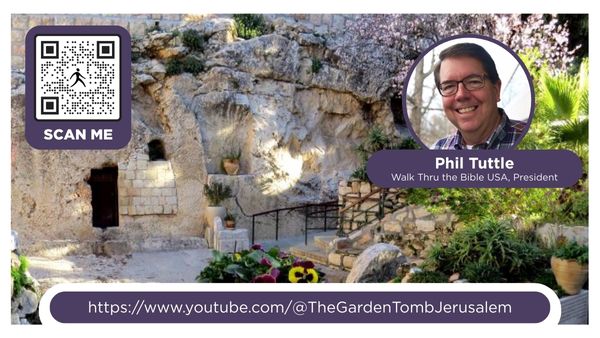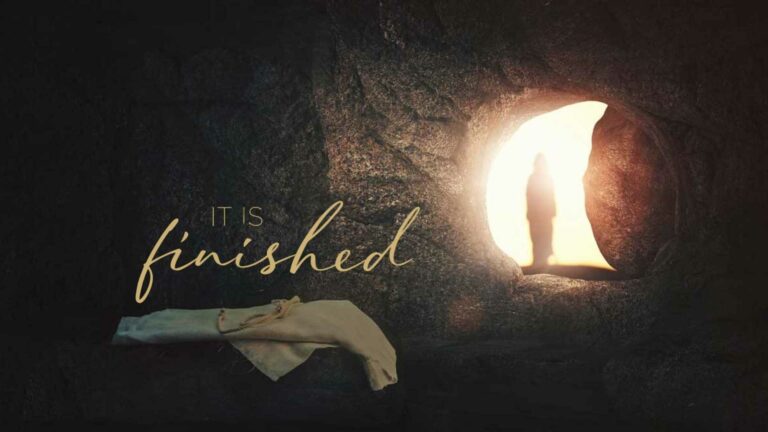What is illumination? It literally means to turn on the lights. How does He do this?
- The Holy Spirit throws light on a passage by helping us understand its meaning.
For example, in the passage above in Genesis 15, God passes through the animals as a flaming torch. He made the covenant with Abram without requiring anything from him. We learn that God’s goodness and faithfulness had nothing to do with Abram’s being worthy—he wasn’t—and everything to do with God’s commitment to build up and bless a nation of people set apart for Himself.
- Not only does the Holy Spirit illumine Scripture, but He goes even further by helping us apply the Scripture to our lives.
As we think through what we see of God’s nature in Genesis 15, we also see where our own nature falls short. Like Abram, we aren’t worthy of God’s blessing. We know that His commitment to us is much more than ours could ever be to His.
This covenant with Abram is an early picture of God’s covenant of salvation with Christians. “It is by grace you have been saved, through faith—and this is not from yourselves, it is the gift of God—not by works, so that no one can boast” (Ephesians 2:8-9).
Abram couldn’t boast in God’s covenant and blessing, and neither can we boast in our salvation. The Holy Spirit helps us see that.
 Illumination is a supernatural event. Next time you read something in the Bible and it confuses you, don’t let your first stop be a commentary. Don’t make the first stop even your pastor, as much as we treasure pastors and their impact in our lives.
Illumination is a supernatural event. Next time you read something in the Bible and it confuses you, don’t let your first stop be a commentary. Don’t make the first stop even your pastor, as much as we treasure pastors and their impact in our lives.
Instead, start with the Holy Spirit and ask, “Lord, will You please show me what this means?”
And He will be more than happy to turn on the lights for you.
*****
Read the first article in the series here; the second article in the series here; and the third article in the series here.
*****
Phil Tuttle is president of Walk Thru the Bible.

 Have you ever read a passage of the Bible and had no idea what it was about? Maybe it was God’s depiction of His covenant with Abram in Genesis 15, Naomi’s instructions to Ruth about approaching Boaz (Ruth 3), Jesus’ exhortation to lose our lives in order to save them (Matthew 16), or Paul’s writing about being seated with Christ in the heavenlies now (Ephesians 2).
Have you ever read a passage of the Bible and had no idea what it was about? Maybe it was God’s depiction of His covenant with Abram in Genesis 15, Naomi’s instructions to Ruth about approaching Boaz (Ruth 3), Jesus’ exhortation to lose our lives in order to save them (Matthew 16), or Paul’s writing about being seated with Christ in the heavenlies now (Ephesians 2). Illumination is a supernatural event. Next time you read something in the Bible and it confuses you, don’t let your first stop be a commentary. Don’t make the first stop even your pastor, as much as we treasure pastors and their impact in our lives.
Illumination is a supernatural event. Next time you read something in the Bible and it confuses you, don’t let your first stop be a commentary. Don’t make the first stop even your pastor, as much as we treasure pastors and their impact in our lives.
